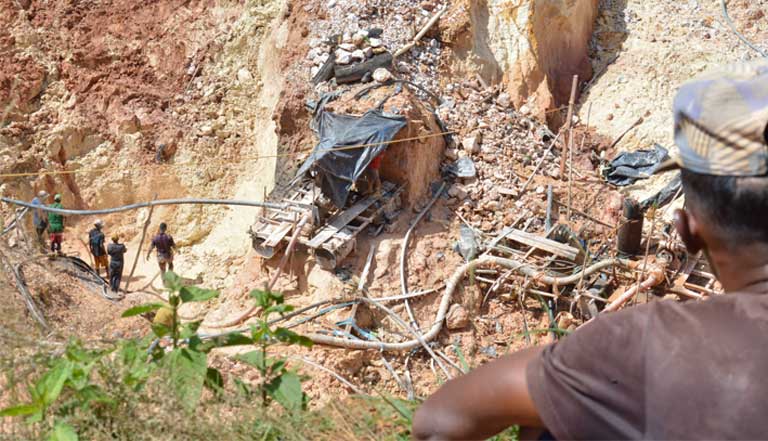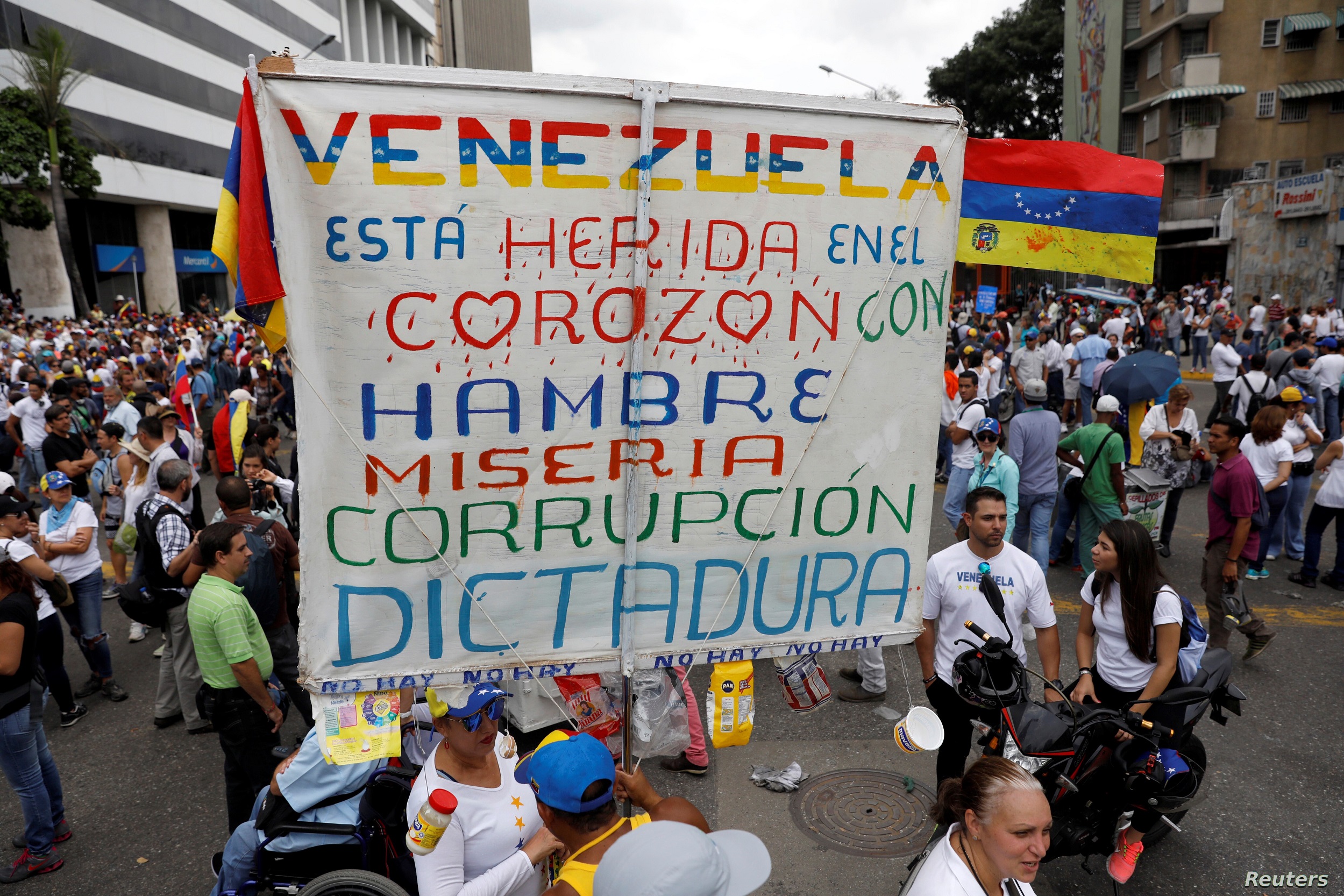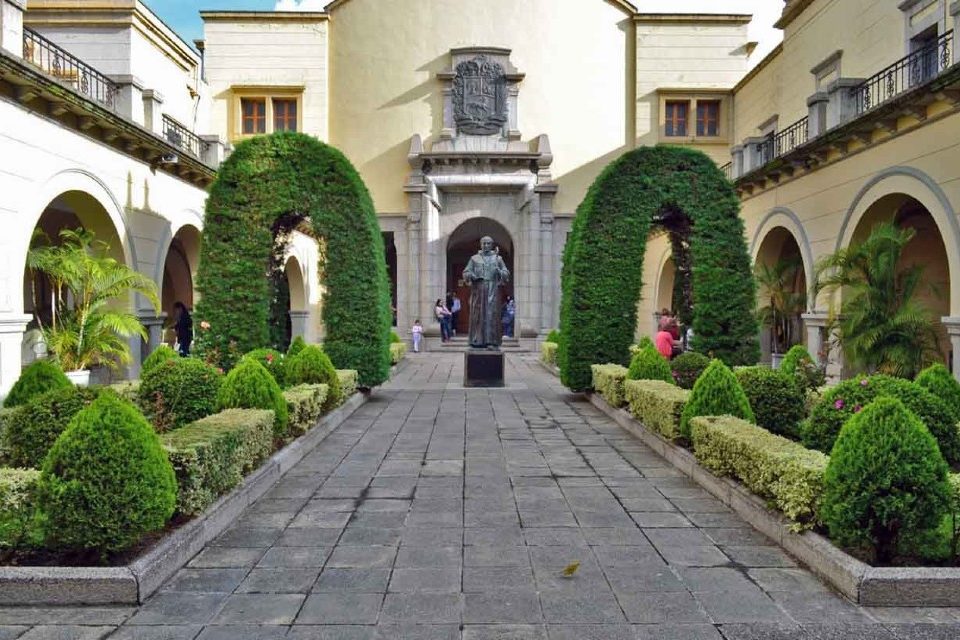Less than a month after having proposed the merger of the regional and municipal elections with the parliamentary elections in 2025, Nicolás Maduro has once again referred to the electoral timetable, casting doubts on the observance of the roadmap and the transparency and fairness of the electoral system. The leader of the Government has thus hinted at the possibility of holding the upcoming presidential elections, scheduled for 2024, on an earlier date.
During a rally of the United Socialist Party of Venezuela (PSUV) held in La Guaira on October 7, Maduro declared:
“We are in 2022 (…) 2023 and 2024 are coming. When are the (presidential) elections scheduled? Héctor Rodríguez (governor of Miranda), when will the elections be held? In 2024, or sooner! The truth is that we are prepared so that whenever the elections take place, we will march toward a great popular, revolutionary victory. Whenever, wherever and in any way. If you want, I want; if you don’t want, I want.
The statement by the leader of the ruling party represents a new violation of articles 136 and 292 of the 1999 Constitution, which establish the principle of separation between the different branches of Public Power and indicate that the National Electoral Council (CNE) is the body empowered to “organize, administer, direct and monitor all acts related to the election of positions of popular representation in the public powers, as well as referendums”.
Likewise, article 42 of the Organic Law on Electoral Processes (LOPRE) clearly indicates that the CNE is the one to convene and set the date of the processes to pick the different representatives for elected positions.
The story of a reform
In 2009, the ruling party modified the electoral legislation and suppressed the provision that strictly established the date on which any election should be held. Article 513 of the repealed Organic Law on Suffrage and Political Participation indicated that the elections should be held “on a Sunday during the first half of December of the year before the end of the corresponding period.”
The modification opened the doors for successive elections to take place at times different from the traditional month of December. This was the case of the 2010 legislative elections, which took place on September 27; the 2012 and 2018 presidential elections which took place on October 7 and May 20, and, more recently, the regional elections of November 21, 2021.
However, none of the processes mentioned above gave rise to a transition of more than one year between one constitutional mandate and another. Yet, Maduro’s statement opens up the possibility of this happening, which would go against all administrative logic.
Likewise, it should be clarified that a snap presidential election in 2024 or even 2023 would not imply a reduction in the six-year term of the head of State provided for in article 230 of the Constitution. The Constitutional Chamber of the Supreme Court of Justice (TSJ) has made this clear through several rulings in which it has reiterated that the presidential term of six years ends and begins on January 10, as mandated by Article 231 of the Constitution.
Any change in the duration or the beginning of the mandate of the President of the Republic would require a constitutional amendment, which, according to the highest court’s own jurisprudence, would not apply for the current period.
The move seeks an electoral victory
A possible change in the election date will give a clear advantage to Maduro, which constitutes an element of electoral fraud that could materialize in the coming presidential elections.
Manipulating the date of the elections is part of the ruling party’s maneuvers to win them, as evidenced by a report prepared by Venezuelan NGO Acceso a la Justicia under the title “Elections in autocracy. The Venezuelan case 2017-2021.” The investigation notes that the ruling party has used this strategy to favor its options.
On the other hand, the silence of the CNE in the face of Maduro’s declarations is shocking as the comments constitute a flagrant interference with its constitutional powers. The body’s silence only reinforces the doubts among a significant part of the population regarding its independence, autonomy and, above all, ability to organize fair, transparent and competitive elections.
Not in vain, the report of the Electoral Observation Mission of the European Union that followed the latest regional and municipal elections of November 21, 2021, criticized the action (or inaction) of the electoral council when it came to putting a stop to the abuses by the ruling party during the campaign and on the voting day.
The EU Mission also urged the authorities to strengthen the body’s independence, especially in the issuing of sanctions.
How does this affect Venezuelans?
As pointed out a few weeks ago by Acceso a la Justicia, Maduro’s interference with the powers of the National Electoral Council, and the latter’s inability to bring it to a stop, only reinforces the doubts among Venezuela citizens about the transparency, reliability and fairness of the Venezuelan electoral system. The possible materialization of this proposal would not only be the last nail in the coffin of a six-year term that began vitiated and without the recognition of fifty countries in the world, due to the flaws that tarnished the last presidential elections; and it would also expose the fact that the authorities have not learned the lesson and have no real intention of amending.
Translated by José Rafael Medina




